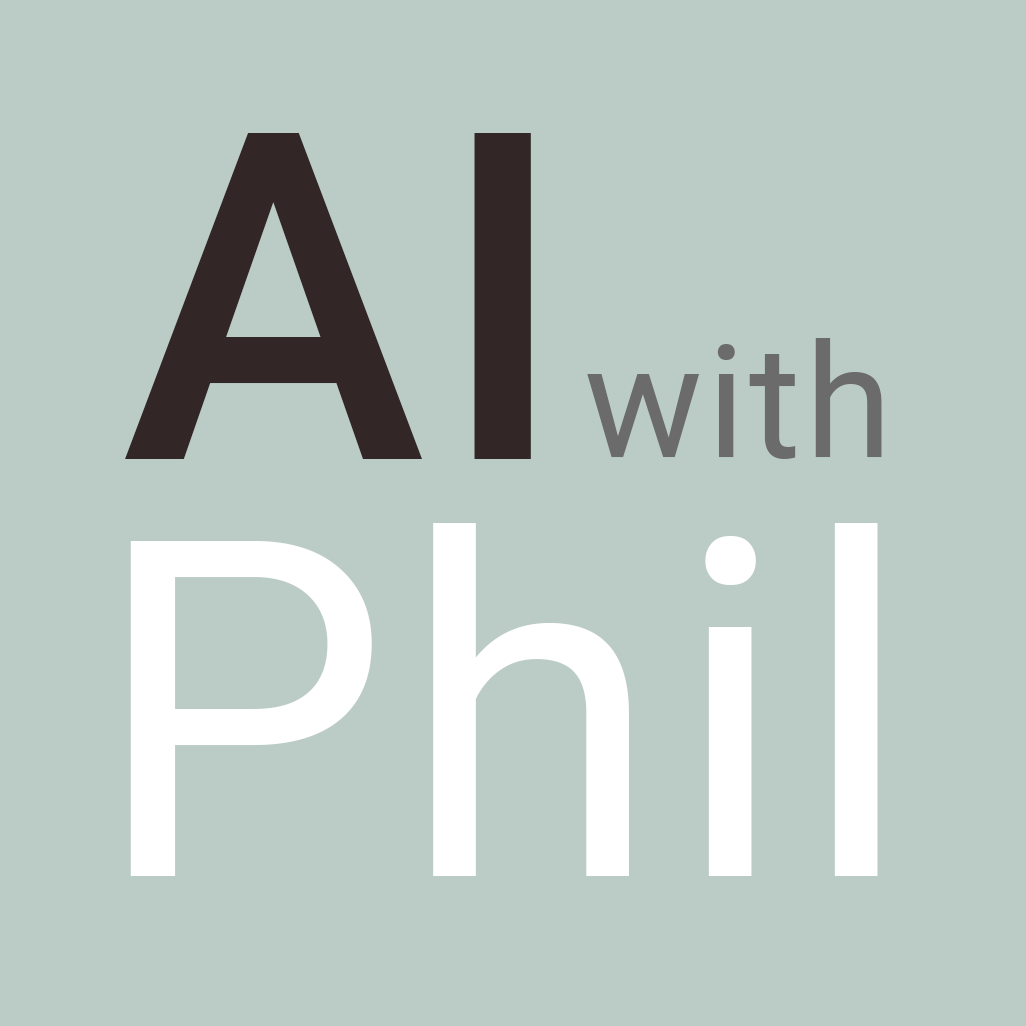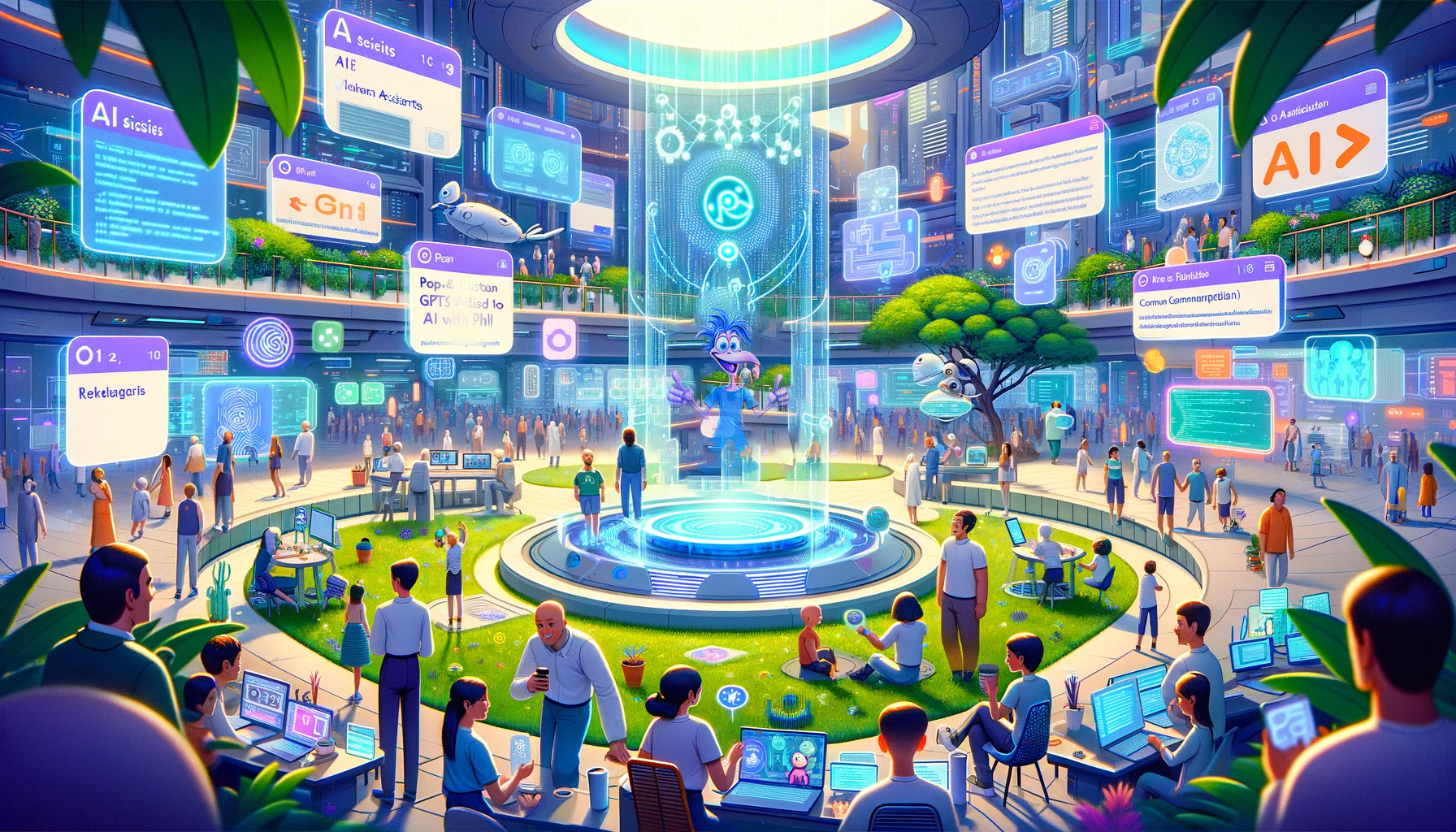The world of education has undergone a significant transformation in recent years. From chalkboards to touchscreens, the way we learn and teach has evolved, and at the heart of this revolution lies the rise of digital education platforms.
1. Democratizing Education Digital platforms have broken down geographical barriers. No longer is access to top-quality education restricted to specific locations. With an internet connection, anyone anywhere can learn from world-renowned institutions and educators.
2. Flexibility and Personalization Traditional classroom settings follow a one-size-fits-all approach. In contrast, digital platforms offer personalized learning experiences. Students can learn at their own pace, revisiting topics they find challenging and skipping ahead when they feel confident.
3. Diverse Course Offerings From AI to Zoology, digital platforms provide a vast array of subjects that might not be available in traditional educational settings. This diversity allows learners to explore and cultivate unique interests.
4. Interactive and Engaging Content Digital platforms employ a mix of videos, quizzes, peer interactions, and immersive projects, making the learning process more engaging than passive listening.
5. Lifelong Learning Digital education isn’t just for formal students. Professionals looking to upskill, hobbyists wanting to delve deeper into their interests, or retirees aiming to explore new subjects – there’s something for everyone.
6. Affordability Many digital education platforms offer courses at a fraction of the cost of traditional education. Some even provide free courses, ensuring that financial constraints don’t hinder learning.
7. Community and Collaboration These platforms often come with community features. Learners from around the world can discuss, collaborate, and help each other, enriching the learning experience.
8. Real-world Applications Many courses on digital platforms are designed with real-world applications in mind. They equip learners with practical skills, ready to be applied in their careers or personal projects.
In Conclusion
Digital education platforms are reshaping the landscape of learning. As technology continues to evolve, these platforms are poised to offer even more innovative and impactful ways to educate and inspire. In this digital age, the classroom is everywhere, and the potential for learning is limitless.
You might be interested in exploring more about the rise of digital education platforms. Speaking of digital education platforms, you might be interested in learning about Massive Open Online Courses (MOOCs) which have played a significant role in enhancing online learning experiences. MOOCs are courses offered online that are accessible to anyone with an internet connection. To learn more about MOOCs, you can check out the Wikipedia article on Massive Open Online Courses. Additionally, if you are curious about the impact of technology on education, you might find this Wikipedia article interesting.




